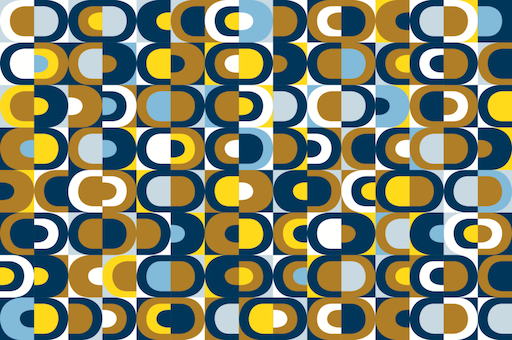Aesthetics of Transformation – Arts Education Research and the Challenge of Cultural Sustainability
Second conference of the global UNITWIN-Network “Arts Education Research for Cultural Diversity and Sustainable Education” to take place at the University of Erlangen-Nuremberg, Academy for School Theatre and Performative Education
Culture only persists through lived practice. It exists within iterative practices which pass on – and by doing so, inevitably reinterpret and recontextualize – cultural forms, semantics, and values. Arts, taken as a particular realm of aesthetic expression by culturally situated means, are thus important agents, shaping the tensional relation between tradition and heritage on the one hand and the multiple challenges of cultural transformation on the other: Through the discoursive practices of arts, cultures aesthetically reflect and become critically aware of themselves. Through the participation in aesthetic discourses and practices, people thus may participate in such deliberative aesthetic transformative practices. This is where arts education, cultural education and aesthetic education intersect.
In an ever changing world
- facing huge, and more often than not hegemonial, transformative forces such as globalization, digitalization, mediatization, economization and displacement/migration,
- experiencing overwhelming, disruptive complexities as well as regressive reactions against those on a global scale,
- while at the same time being challenged with the need for change towards sustainable models and modes of living,
the necessity of change and learning processes on not only political, but more so on the level of inherited cultural practices, is evident. Accordingly, cultural sustainability can no longer be regarded as a process of fixation and determination of cultural norms and ways of living (against change), but has to be understood as an idea of generating cultural tradition by shaping the transformative moments of culture in a selfdetermined manner.
This perspective – understanding arts as a agent for non/anti-hegemonial practices of transformation, and arts, cultural and aesthetic education as an agent for the empowerment towards participation in such processes – may thus foster and sharpen our understanding of the potential role of arts education (and arts education research) for sustainable development. The resulting question: „How may and does arts education contribute to cultural sustainability?“ differs vastly from sub-complex, utilitarian and functionalistic questions of how arts (education) may serve the purposes of pre defined sustainability goals. It aims towards the multiple aesthetics of transformation in arts (and likewise in less institutionalized forms of aesthetic practice), the inherent connexion of education and transformation, and finally the intersection of both.
